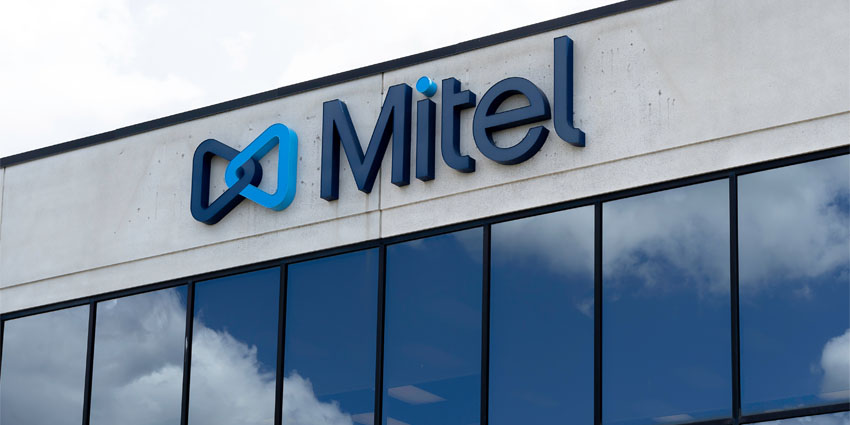In 2017, the UK’s new digital minister plans to deliver a full-fibre diet to the post-Brexit UK, to enhance connectivity.
Through his 2016 Autumn statement, chancellor Phillip Hammond announced that a Digital Infrastructure Investment Fund worth £400m would be introduced to take the UK “full-fibre”. The funding was designed to enable private sectors to invest in brand new networks for fibre up to 2020, while providing an exemption for businesses that chose to roll out pure fibre instead of paying land rates for the next half-decade.
At the same time, the Ofcom decision to separate BT and Openreach which fell slightly short of removing the division entirely has provided a huge regulatory backdrop for 2016. While elsewhere, the £1.7bn taxpayer-implemented Broadband Delivery UK program has reached its goal of 90% 24Mbps connectivity, and is now on track to hit 95% during 2017.
The following step appears to be defined by plans from the government to make certain that people across the country will receive at least a 10Mbps connection by 2020, via broadband, mobile, and satellite solutions.
A Fully Connected Nation?
With so much action in the broadband and connectivity sectors during 2016, you might think that the UK is finally starting to make progress towards its goal of a fully-connected nation. However, Dan Howdle – the director of communications at Cable.co.uk, indicates that the average consumer shouldn’t hold their breath. While the fibre-to-the-premise solution or FTTP investment plans could be great for smaller providers, they’re not going to fix the problems of the UK.
The chances are that FTTP connections are going to be implemented primarily in larger cities that accommodate big business. After all, these measures make up a significant part of a package that is intended to keep more companies in the UK. However, there should realistically be more focus on the places that don’t have any good connectivity. We should, as a nation, be focusing on the last 5% without a reasonable broadband connection – rather than leaving them in limbo.
The BT Chatter
While plans are being rolled out for 2017, there’s still a great deal of chatter surrounding the Openreach/BT debate. In the process of this, it seems that the plans BT had for ultrafast broadband across the UK have been placed on the backburner.
This year, BT will begin to roll out its new G. Fast technology – intended to connect 10 million consumers to speeds of over 100Mbps by the end of 2020. What’s more, a further 2 million homes will be receiving FTTP by that time.
Both BT, and many of its competitors believe that the last thing the UK Broadband infrastructure needs is another six months arguing about the Openreach conundrum. The best thing for the UK is simple for a decision to be made and implemented as quickly as possible. The amount of time each company is dedicating towards this issue is huge, and would probably be better spent doing something more productive.
Overcoming Mediocrity
Some experts believe that Ofcom have not gone far enough by failing to separate BT from Openreach completely. However, others believe that the BDUK program introduced by BT has been a significant success – despite it being mired in controversy. The project has been successful at achieving its goals, and the government has even been able to retrieve quite a bit of money. In fact, UK.gov recently announced a £440m claw back from the scheme, which should now be used to connect around 600,000 rural areas. By 2020, the aim is to have 97% of the population achieving speeds of at least 24Mbps.
Of course, despite this there is still a lot of room for improvement, and a new network will take years. However, if you asked many people a few years ago, they probably wouldn’t have believed that we would end up achieving 95% coverage in the first place.
Right now, 2017 is sure to be illustrated by the birth of the fibre hype, and how new connections and mission statements are going to be implemented for a faster, more effective UK.







